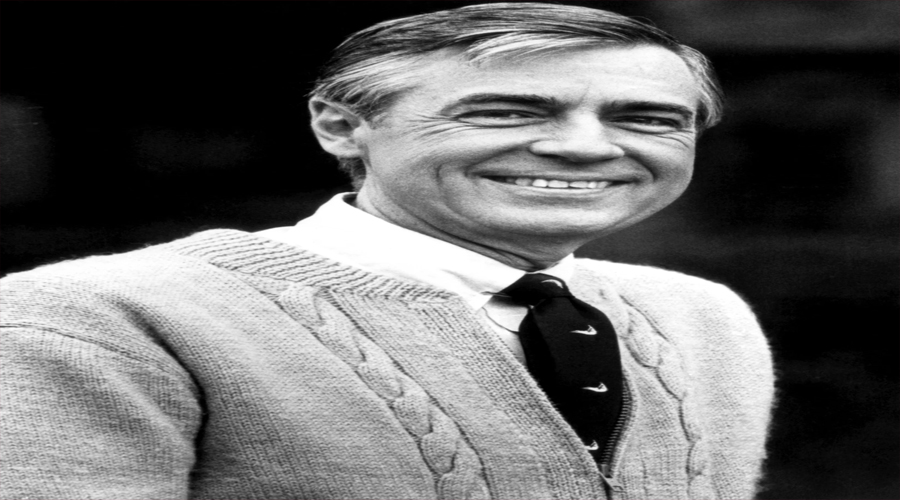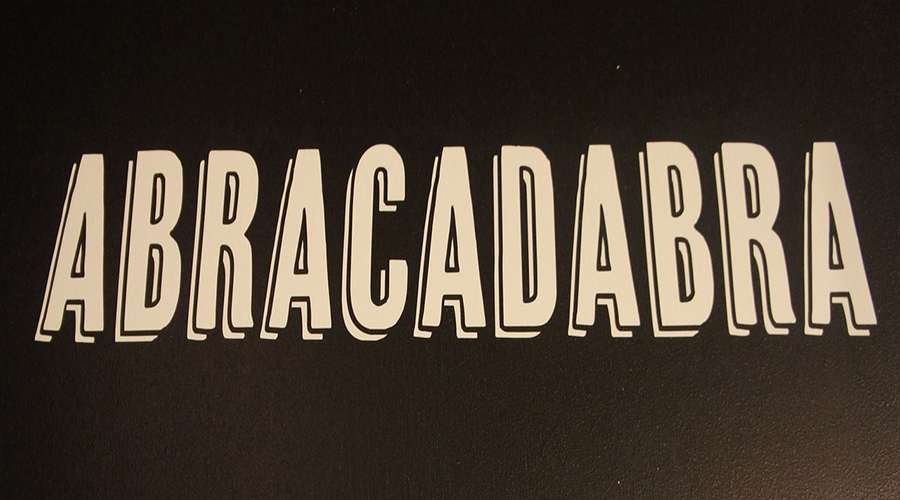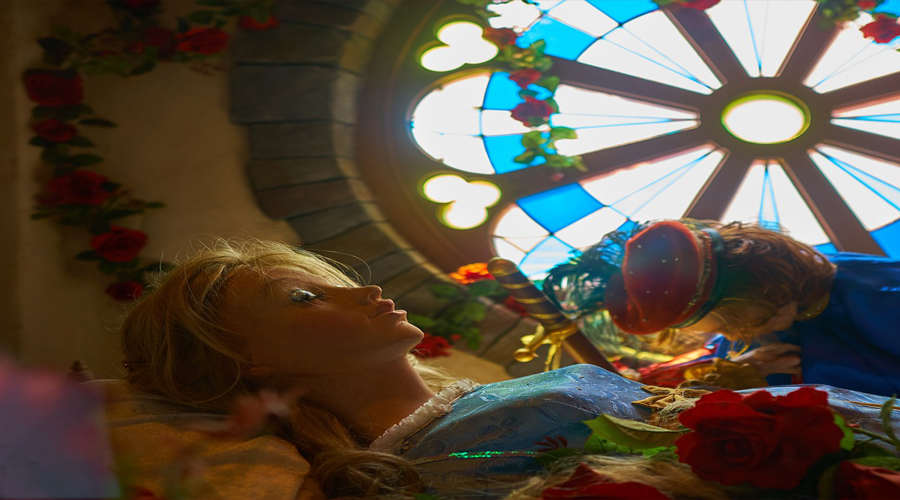The renowned and enduring children’s programmed Mister Rogers’ Neighborhood was hosted by Fred Rogers. The programmed had its premiere in Pittsburgh in 1967 and was picked up by PBS the following year, becoming a mainstay on public TV networks across the country.
Today, we will see the post of The Child Favorite host Fred Rogers.
Let’s See Together..
Table of Content:
Beginning
Fred McFeely Rogers was an American television personality, singer, puppeteer, writer, producer, and Presbyterian preacher who lived from March 20, 1928, until February 27, 2003. From 1968 until his retirement in 2001, he served as the show’s founder, producer, executive producer, head writer, and host. He was also the programmer’s composer of music. Rogers disapproved of the children’s television programming. He started creating and presenting kid-friendly plays in the Pittsburgh region.
In 1968, the Eastern Educational Television Network started airing Rogers’ new programmed on WQED all throughout the country. For thirty years, Rogers dominated children’s entertainment and education on television. Rogers backed a lot of social projects. Rogers’ testimony before a lower court was cited by the US Supreme Court in the Betamax case to uphold fair use of television recording. He also testified in favor of government funding for kids’ television before a U.S. Senate committee.
He stopped recording Mister Rogers’ Neighborhood in August 2001. Doctors informed him that he had stomach cancer in October 2002. A few months later, on February 27, 2003, he passed away from the illness. Age-wise, he was 74. Rogers also received a Peabody Award and forty honorary degrees. The Television Hall of Fame now includes him.
On TV Guide’s list of the 50 greatest TV actors ever, he was ranked number 35. One of his sweaters is a “Treasure of American History” at the Smithsonian Institution.
Televising career
Early career
After college, Rogers enrolled in the seminary, but he preferred to work in television. Rogers claimed in a CNN interview that he began working in television because he “hated it” but wanted to improve it. He desired to educate and assist viewers through the medium of television.
In 1951, he sent a job application to NBC in New York City. He was a producer’s assistant in his job. Later, he was a network floor director for musical shows like The Voice of Firestone, The Kate Smith Hour, and Your Hit Parade. He also contributed to the kids’ programmed hosted by Gabby Hayes.
Rogers left NBC because he objected to the company employing kids in advertisements. In 1954, he started working as a puppeteer for Pittsburgh public television station WQED’s The Children’s Corner, a local children’s programmed. The programmed, which was shown nationally on NBC, won a Sylvania Award for best children’s programmed.
neighborhood
Fred Rogers made it his life’s work to comprehend childhood. In 1968, he applied that knowledge to television in the breakthrough PBS series Mister Rogers’ Neighborhood. Mister Rogers built relationships with millions of kids over the course of more than 30 years, giving each of them the impression that they were having a visit with a close friend.
Pittsburgh’s WQED Studios hosted the production of Mister Rogers’ Neighborhood. The Neighborhood of Make-Believe was created by Fred Rogers, who also acted as its presenter, chief writer, chief musical composer, chief puppeteer, and voice talent.
Musicians under the direction of musical director and pianist Johnny Costa provided live on-set accompaniment for each episode. Margaret McFarland, a famous child psychologist, served as Fred’s mentor.
They frequently met to study child development theory and ensure that the show’s scripts accurately reflected the problems and sentiments of young viewers. Mister Rogers welcomed the audience to his television home at the start of a regular broadcast. Rogers always put on his signature cardigan, changed into trainers, and introduced the day’s topic while singing the show’s anthem, “Won’t You Be My Neighbor?”
Children loved stories that supported the discourse that Mister Rogers had already started with tram rides to the Neighborhood of Make-Believe, which is home to puppets like bashful Daniel Striped Tiger, conceited King Friday, and tree house neighbors Henrietta Pussycat and X the Owl.
Through his ability to perceive the wonder in seemingly ordinary things, Mister Rogers transformed trips to factories, farms, and museums into entertaining and instructive experiences.
Personal life
Rogers owned a summer residence on Massachusetts’ Nantucket Island as well as an apartment in New York City. Rogers was colorblind to red and green. He had a healthy lifestyle, swimming every morning and abstaining from drinking and smoking. Refused to consume anything that had a mother; thus, he was a vegetarian since he thought it was improper to eat meat.
Some believed Rogers had tattoos and served in the military as a Navy SEAL during the Vietnam War. That is untrue. As part of a commemoration of the National Hockey League’s 75th anniversary, the Pittsburgh Penguins named Rogers as their celebrity captain in 1991.
Rogers was one of only twelve celebrity captains to be selected for a sports card, according to card No. 297 from the NHL Platinum collection from 1992, which commemorated the occasion. to all of the fan mail during his daily routine and gave the letters back to their authors.
Republicanism defined Rogers. Joanne Rogers, however, claimed that her husband cast an independent ballot. She added that he avoided politics too much since he didn’t want to be seen as political. retired in 2001, but he continued to pursue his studies of spirituality and religion. He ventured out into society and travelled. In addition, he collaborated with the college’s chancellor, Archabbot Douglas Nowicki, on the development of a children’s media center that bears his name at Saint Vincent College in Latrobe.
Death
He first went to the doctor in the summer of 2002 because of his ongoing stomach ache, and in October of that year he discovered he had stomach cancer. On January 6, 2003, he underwent unsuccessful surgery.
Along with Bill Cosby and Art Link letter, he served as grand marshal of the Tournament of Roses Parade a week earlier. On the morning of February 27, 2003, Rogers passed away in his Pittsburgh home. When he passed away, his wife was by his side. A little over a month before he would have turned 75, he passed away. Rogers’ private funeral took place in Unity Chapel on March 1, 2003. The chapel at Unity Cemetery in Latrobe, where Rogers was interred, had been renovated by Rogers’ father.
At the service, over 80 family members, coworkers, and close friends attended. Plans were kept a secret so that his loved ones could grieve in privacy. Reverend John McCall discussed the Bible’s significance while reading from it. He was the pastor of the Sixth Presbyterian Church in Squirrel Hill, which belonged to the Rogers family.
Rogers’ favorite Bible verses were recited by Reverend William Barker. Rogers had a good friendship with Barker, a retired Presbyterian minister. Mr. Platypus’s voice on the programmed was provided by Barker. More than 2,700 individuals attended the public memorial service for Rogers on May 3 at Heinz Hall.
Former Good Morning America host David Hartman, Teresa Heinz Kerry, PBS President Pat Mitchell, author-illustrator of The Very Hungry Caterpillar Eric Carle, and Arthur creator Marc Brown were among the honored guests. Speakers recalled Rogers’ sense of humor, his affection for kids, his religious beliefs, and his love of music.
Legacy and honors
The Peabody Award was given to him in 1992. In 1999, he became a member of the Television Hall of Fame. In 2002, Rogers received the Presidential Medal of Freedom from President George W. Bush in recognition of his contributions to children’s education. He stated that Rogers “has a very special place in the hearts of a lot of moms and dads all across America.”
Resolution 16 honoring Rogers’ life was adopted by the US Senate in 2003. In 2003, upon Rogers’ passing, the US House of Representatives enacted Resolution 111. This resolution paid tribute to Rogers for his efforts on behalf of American children. PBS TV programmed Fred Rogers: America’s Favorite Neighbor was hosted on New Year’s Day 2004 by Michael Keaton, who performed on stage in Mister Rogers’ Neighborhood prior to becoming an actor.
Some cities of Latrobe, where he was born, and Pittsburgh celebrate ‘Won’t You Wear a Sweater Day’ in his honor. Every year on March 20, the day of his birth, the celebration takes place. The asteroid 26858 Mister Rogers was given the name by the International Astronomical Union in 2003 in honor of Rogers.
Also Read:
https://inventivemug.com/2023/07/26/child-favorite-host-fred-rogers/



